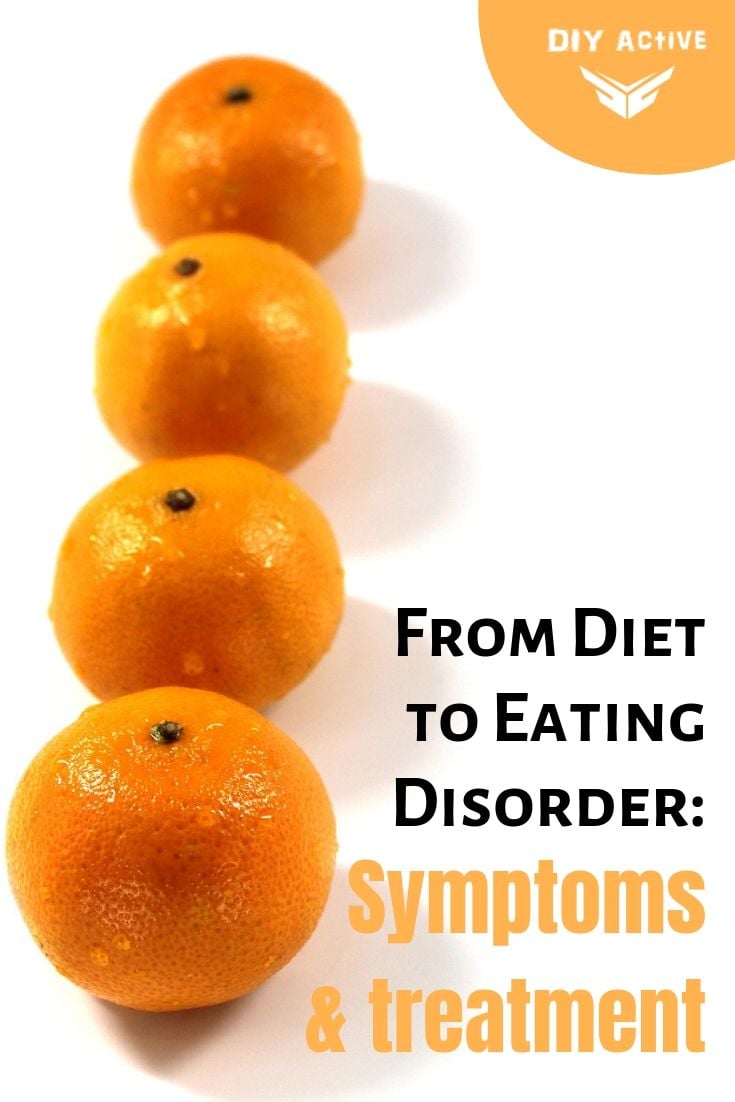
From Diet to Eating Disorder
With today’s social media and image-obsessed culture, many of us are insecure about the way we look and how much we weigh. We try to obtain a societal standard of beauty, or at the very least, we yearn for acceptance from people, even from those we do not know.
Going from diet to eating disorder
This can lead to diets and fads that can potentially offset an eating disorder.
But how does someone know when they’ve crossed the line?
The difference between a diet and an eating disorder
While some researchers have shown that dieting is common with people with eating disorders, there is still a difference between the two.
With dieting, people can still maintain a healthy relationship with food and weight. Though they may feel the occasional pang of guilt, they won’t spend days worrying about their food intake or fixating on a goal weight.
They intentionally diet to help them live a healthier lifestyle, they exercise because it makes them feel vibrant and strong, and they don’t believe the scales determine their worth or value.
While they are committed to meal and exercise plans, it doesn’t interfere with their work, relationships, or quality of life.
 An eating disorder, which includes anorexia nervosa, bulimia nervosa, and binge eating, is vastly different. People living with this condition have anxiety around food and often feel disgusted and aversion to it.
An eating disorder, which includes anorexia nervosa, bulimia nervosa, and binge eating, is vastly different. People living with this condition have anxiety around food and often feel disgusted and aversion to it.
They have no goal weight as the need to shed pounds becomes insatiable no matter how much the number decreases. Scales and exercise are a means of self-punishment, and food becomes the center of every thought.
Their eating disorder severely interferes with their day-to-day life, work, and relationships, and they often isolate themselves in social situations where there may be food.
Signs and symptoms of an eating disorder
While different, a diet does have the capacity to develop into an eating disorder, and it is of crucial importance to be aware of when it is happening.
Disordered eating can include a range of behaviors and symptoms which include:
- Self-induced vomiting after eating
- Misuse of laxatives or diet pills
- Obsession with calories and nutritional information
- Binge eating
- Skipping meals
- Lying about eating or pretending to eat
- Compulsive exercising
- Feelings of guilt, shame, and failure
- Fatigue and low quality of sleep
- Constipation and/or diarrhea
- Headaches
- Suicidal thoughts and behaviors
- Low self-esteem and harsh criticism on their appearance
While the causes of disordered eating are plenty, contributing factors to why people develop this condition can include a history of abuse, struggles with perfectionism, family issues, trauma, and low self-esteem.
Treatment
While seeking help for this condition is not easy, remember that recovery from an eating disorder is very much possible with the right treatment and support.
Sometimes, it is best to seek the help of a licensed mental health professional within therapy or a practitioner with special knowledge in nutrition and health who can aid and guide your healing and recovery.
It also helps to talk to someone you love and trust, join a peer support group, or remove yourself from any places, people, websites, and activities that trigger your need to be thin.
This includes avoiding magazines, unfollowing accounts on social media, and untying relationships with people who constantly talk about dieting and losing weight.
Wrap-Up
With personal commitment and persistence, you can find balance, restore your health, and return your life to its full capacity once more.
- How to Keep Your New Year Fitness Resolution - December 19, 2021
- From Diet to Eating Disorder: Signs, Symptoms, and Treatment - July 9, 2019



